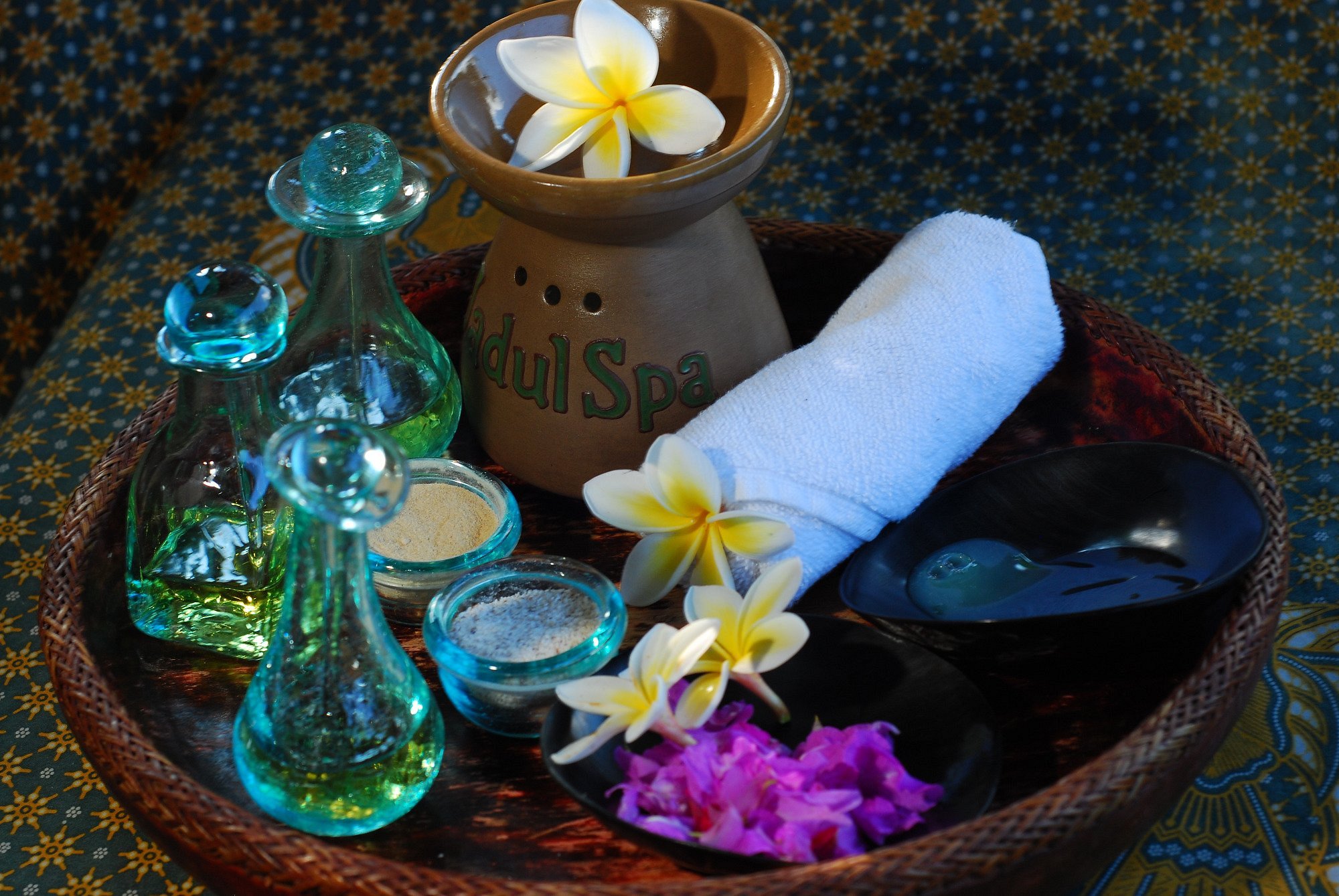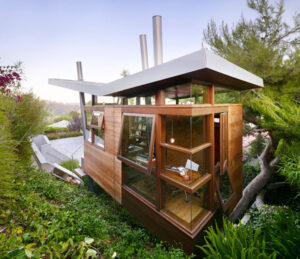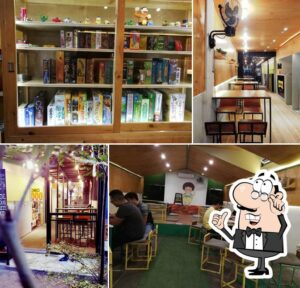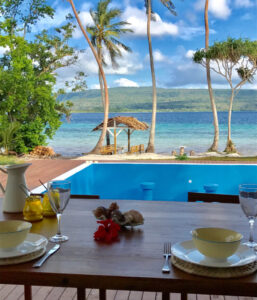Exploring village heritage is akin to embarking on a time-honored journey through the intricate tapestry of culture, nature, and wellness. When we delve into the essence of “Village Heritage: Jadul Village Spa Adarapura Cihideung,” we find ourselves at the intersection of tradition and rejuvenation, nestled within the lush landscapes of Bandung, Indonesia. This article will guide you through the salient features, cultural relevance, and unique experiences that this spa embodies, while also posing questions about our role in preserving such treasured locales.
As you ponder the significance of preserving traditional wellness practices within our modern life, consider this: How far are we willing to go to embrace the simplicity and authenticity of village life? This inquiry serves as a challenge to explore not only the physical attributes of the spa but the cultural imperative of sustaining such heritage sites.
Jadul Village Spa Adarapura Cihideung stands as a beacon of tranquility, celebrated for its holistic approach to health and well-being. The spa embraces the indigenous healing traditions that have been passed down through generations. Designed to harmonize with its natural surroundings, the facility integrates seamlessly into the landscape, showcasing traditional architectural styles that reflect the local culture.
The Aesthetic Appeal of Jadul Village Spa
The visual allure of Jadul Village Spa is unmistakable. Upon entering the premises, visitors are greeted by stunning vistas of verdant hills and fragrant gardens. The design incorporates natural materials such as bamboo, timber, and stone, harmoniously intertwined with artistic touches that echo ancestral craftsmanship. The ambiance is serene, encouraging an immediate sense of relaxation. One cannot help but reflect: what stories do these walls hold? What wisdom does the landscape impart?
The spa is further characterized by its thoughtful layout, which emphasizes a connection to nature. Each treatment room offers panoramic views, allowing clients to absorb the beauty of the environment while indulging in rejuvenating therapies. This design philosophy not only enhances the sensory experience but fosters a profound appreciation for the surrounding ecosystem.
Heritage and Practices
At the heart of Jadul Village Spa is a commitment to preserving and honoring traditional Indonesian wellness practices. Guests can partake in a variety of treatments that blend ancient techniques with modern methodologies. Signature therapies include traditional massages, herbal baths, and wellness rituals, meticulously crafted to address both physical and emotional well-being.
One particularly intriguing aspect is the incorporation of local herbs and ingredients known for their therapeutic properties. The use of items like turmeric, ginger, and various essential oils fosters a link to the land, enriching each experience with authenticity. Consider, then, the challenge of understanding the cultural significance of these elements. How often do we engage with the origins of what we consume, and by extension, the authenticity of our wellness rituals?
A Cultural Renaissance
Jadul Village Spa plays a pivotal role in the cultural renaissance occurring in the region. By promoting traditional practices, the spa not only champions village heritage but also provides economic opportunities for local artisans and healers. Workshops and classes often take place, enabling visitors to learn skills such as herbal remedy preparation or traditional massage techniques. This commitment to education underscores the importance of sustaining knowledge that might otherwise be lost in an increasingly globalized world.
In this context, one might question the broader implications of such initiatives. Are we merely spectators of history, or can we actively participate in its preservation? Engaging with these practices allows individuals to forge a more profound connection to both the land and its inhabitants, transcending the role of a mere visitor.
Sustainable Practices and Eco-Tourism
Sustainability is a crucial pillar of Jadul Village Spa’s philosophy. The spa employs eco-friendly practices, from sourcing organic materials to utilizing renewable energy sources. This commitment to environmental stewardship resonates deeply within the community, aligning with a growing global emphasis on sustainability. Visitors are encouraged to be conscious of their ecological footprint, fostering a sense of responsibility toward the environment.
The challenge here lies in the balance between attracting tourists and maintaining the integrity of the village’s cultural and natural resources. How can we ensure that our enthusiasm for exploration does not come at the cost of the very heritage we seek to appreciate? This ongoing dialogue is essential in shaping future tourism initiatives and ensuring that local communities benefit without compromising their identity.
Conclusion: A Call to Action
In conclusion, Jadul Village Spa Adarapura Cihideung serves as an exemplar of how village heritage can be celebrated and preserved through wellness tourism. Its embodiment of traditional practices, commitment to sustainability, and promotion of cultural education invite us to engage on multiple levels. As we revel in the peace and rejuvenation offered by this unique sanctuary, we must reflect on our role in supporting such endeavors.
Will you choose to participate in the preservation of village heritage, or will you remain an observer of this remarkable culture? The journey toward sustainable wellness is one that calls for active engagement, ensuring that the timeless stories of places like Jadul Village continue to enrich our lives for generations to come.




Leave a Comment